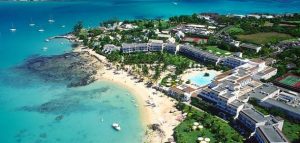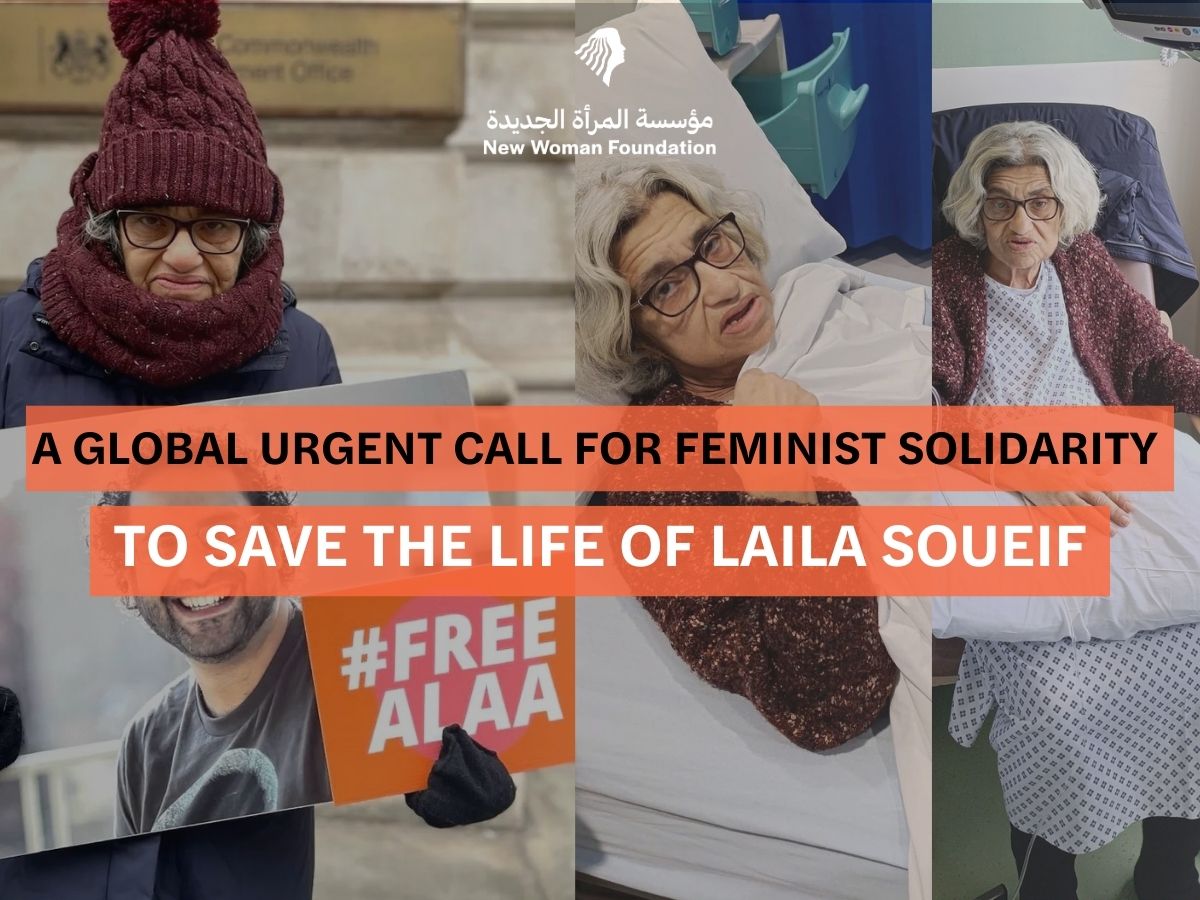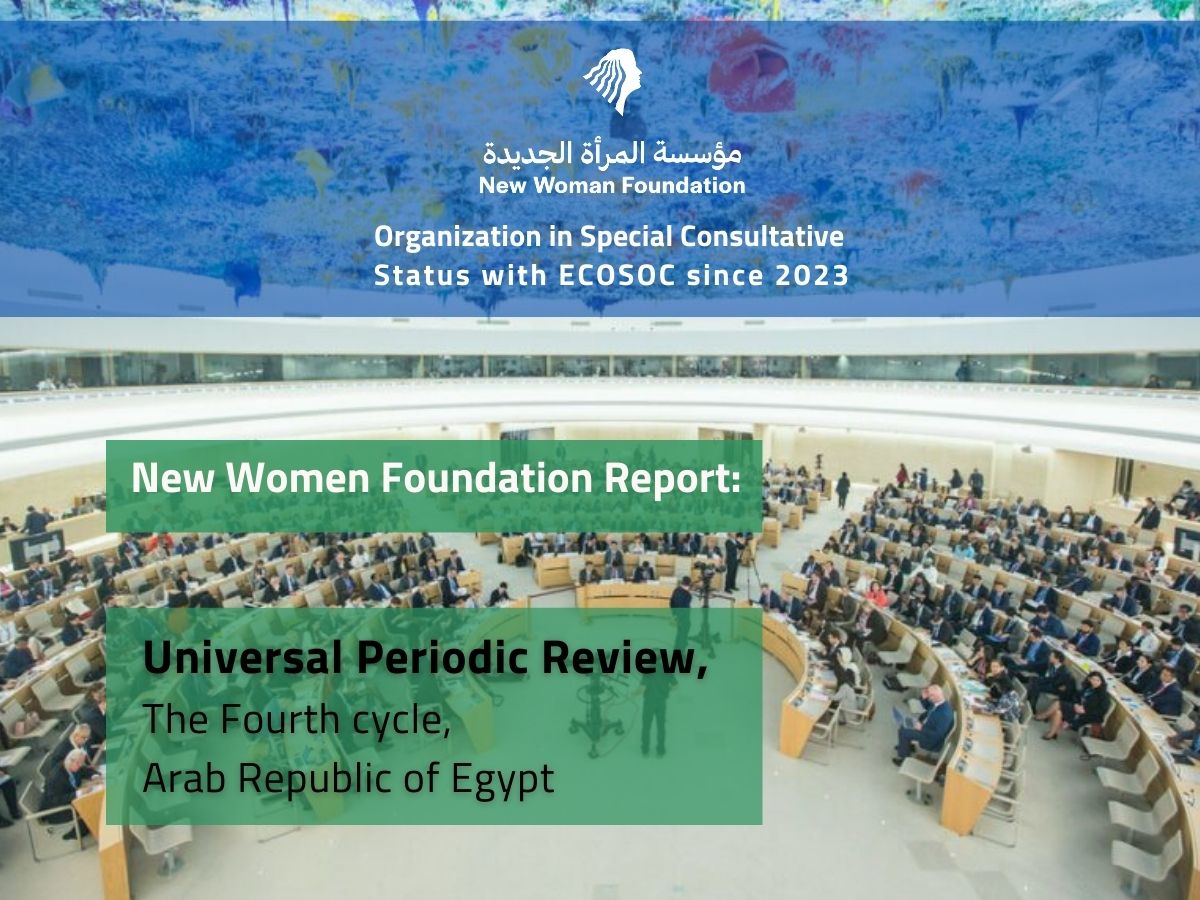- Contact Us
- 0020233382706
- nwrc@nwrcegypt.org
Scientist Sworn in as Mauritius’ First Woman President

16 days of activism ending
December 13, 2017
“Males Only” Flagrant Violation of Women’s Right to Work
February 5, 2018“My ambition is to bring the Mauritian nation together around the national flag,” Gurib-Fakim after her inauguration, held at the presidency outside the capital Port Louis.
She said she was dedicating her appointment to her parents, “who had the vision to educate their daughter at a time when it was boys who were given the priority,” and added she was “proud and filled with humility”.
Gurib-Fakim, 56, is the first female president of the island, which gained independence from Britain in 1968 and replaced Britain’s Queen Elizabeth II as its head of state in 1992.
Mauritius is one of the richest, and least corrupt, countries in Africa, a middle-income nation of some 1.3 million people with a per capita GDP of just over $9,000 (7,200 euros).
Once dependent on sugar exports, the island has built up a strong outsourcing and financial services sector, and an important tourism industry.
Gurib-Fakim is currently director of the Mauritius-headquartered Centre for Phytotherapy Research (CEPHYR), which carries out research on plants for use in cosmetics, nutrition and therapy.
An alumni of the universities of Exeter and Surrey in Britain, she is also the chair of organic chemistry at Mauritius University, and has worked with the World Bank and other international institutions.

Former president Kailash Purryag, who had been put in place by the previous government, stepped down as the island’s figurehead last week, having served as president since July 2012, when he was appointed by the island’s previous Labour party government of former premier Navin Ramgoolam.
The Labour party lost elections to new Prime Minister Sir Anerood Jugnauth last December, with voters rejecting a constitutional reform plan that would have strengthened the powers of the president.
Ramgoolam himself had hoped to eventually run for the new, more powerful position. Since his election defeat Purryag has been seen as an unwanted figurehead, while Ramgoolam has been embroiled in corruption allegations that have shocked the island.




